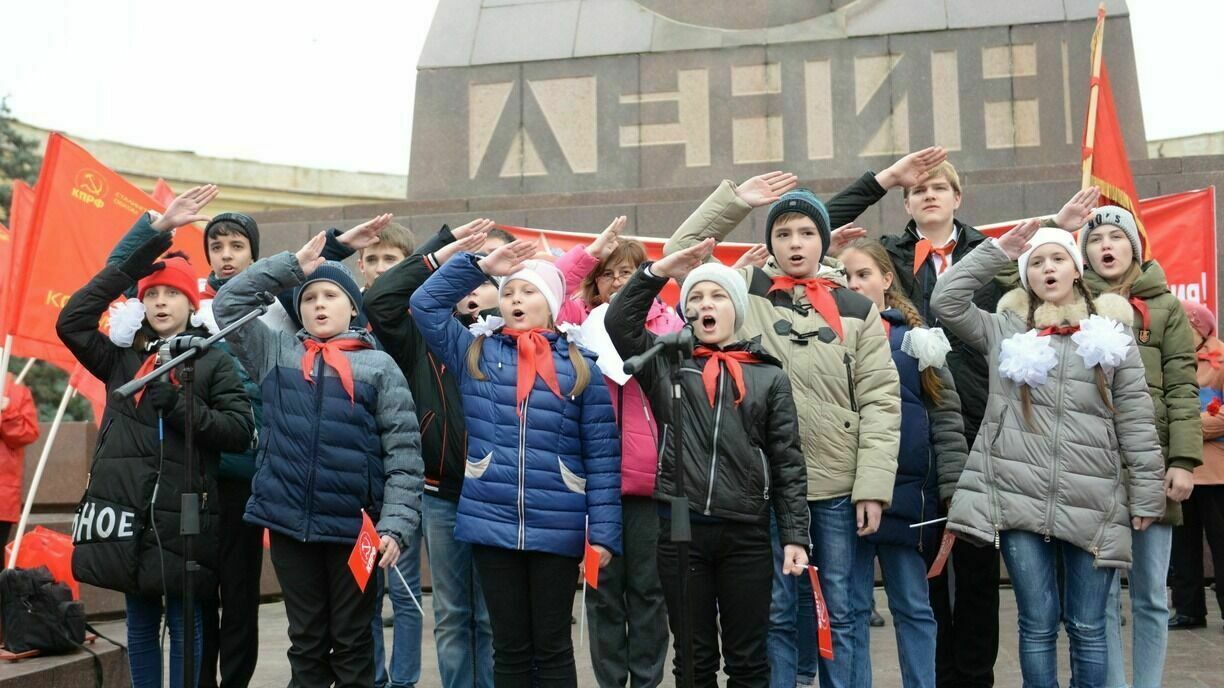Posted 30 декабря 2022, 06:40
Published 30 декабря 2022, 06:40
Modified 30 декабря 2022, 08:26
Updated 30 декабря 2022, 08:26

Russian Public Opinion Research Center: half of Russians see "more good" in the Soviet era
These are the results of a VTsIOM (Russian Public Opinion Research Center) survey conducted among 1,600 Russian adults. The study was commissioned by RT on the eve of the 100th anniversary of the formation of the USSR. This state was created on December 30, 1922 following the results of the agreement approved at the First All-Union Congress of Soviets. Initially, the USSR consisted of four union Soviet republics: the RSFSR, the Ukrainian SSR, the BSSR and the ZSFSR. Subsequently, the amended Union Treaty and the declaration on education were merged into the first Constitution of the USSR.
Answering the question, what was more in the USSR, good or bad, half of the respondents (51%) answered that "more good".
"38% believe that there was both good and bad. Only 5% of Russians are sure that there was "more bad things" in the Soviet era, 6% found it difficult to answer," the report says.
Representatives of the older generation (age 60+) are convinced that there were more good things (63%), and young people aged 18-24 (48%) also indicate the presence of negative aspects.
According to sociologists, in the minds of the majority of those born in the USSR, the Union was remembered as "cozy for their children and awe-inspiring for enemies, preserving traditions and looking to the future, where tragedy and triumph are always near." People over 45 years of age associate the USSR with a carefree childhood (15%), reliability and stability (16%), a good life (15%).
Those who were born after the collapse of this country no longer have such a reverent attitude to the image of the USSR. Among respondents over the age of 60, the majority (81%) regret the collapse of the USSR, among all respondents only 58%. 20% do not regret, and 13% said they do not care. Basically, such answers are given by young people aged 18-24.
It is noteworthy that 48% of respondents would like to restore the USSR (mostly people over 60, 58% of them), and 37% of survey participants are against (among this category mainly (54%) young people aged 18-24). At the same time, 41% are convinced that the restoration of the USSR is "rather impossible", and 25% — that it is "certainly impossible". Only 5% of Russians are convinced of the opposite.
Among the main achievements of the USSR, respondents name the launch of the first satellite and Yuri Gagarin's flight into space (55%), victory in the Great Patriotic War (13%), the development of industry (12%), science and technology (10%) and nuclear energy (10%).
Nostalgia for the USSR among citizens is caused by the loss of a sense of cohesion, friendship (26%), the loss of a better life (21%) and the lack of unity among the republics (18%). Joy over the collapse of the USSR is felt by 16%, who pointed to the end of the era of scarcity and economic liberalization. At the same time, one in six (15%) believe that the USSR has outlived itself. The same number of respondents are convinced that only after the collapse of the Soviet Union, democracy and freedom of speech appeared in the country, which were lacking in Soviet times.